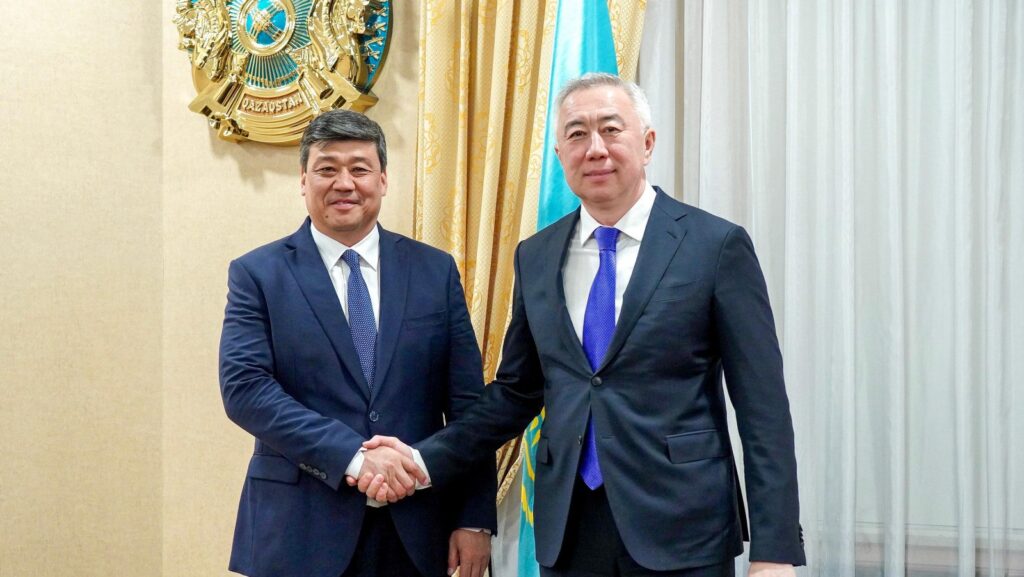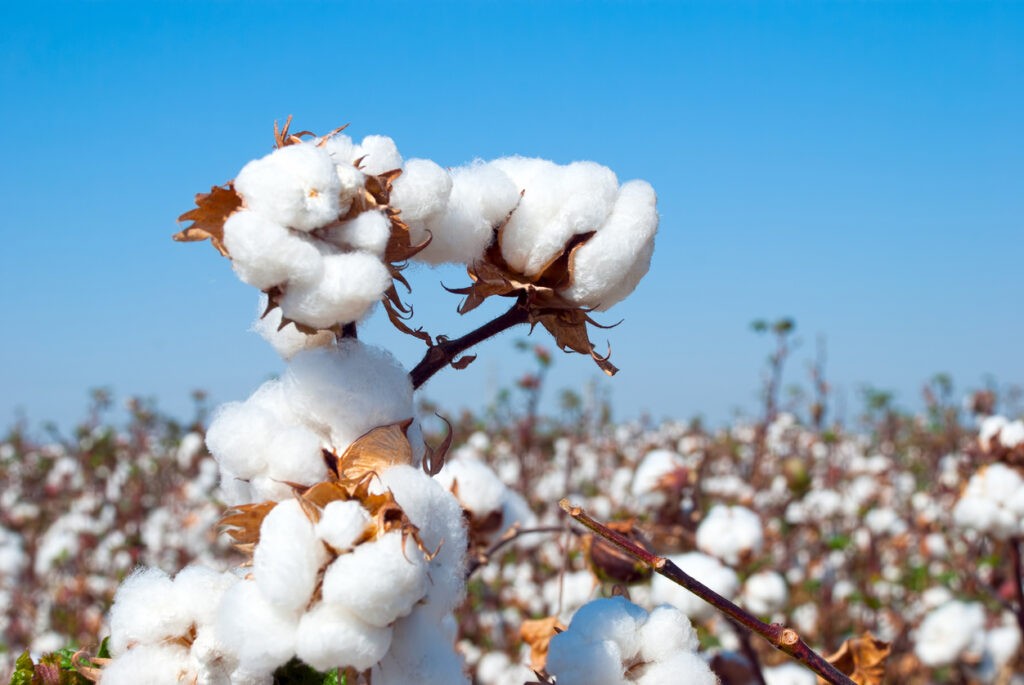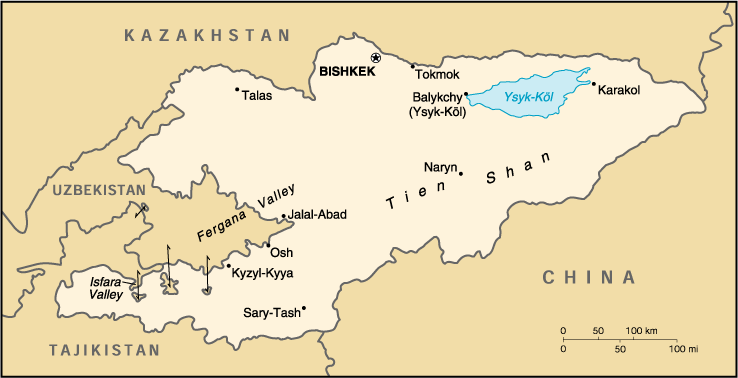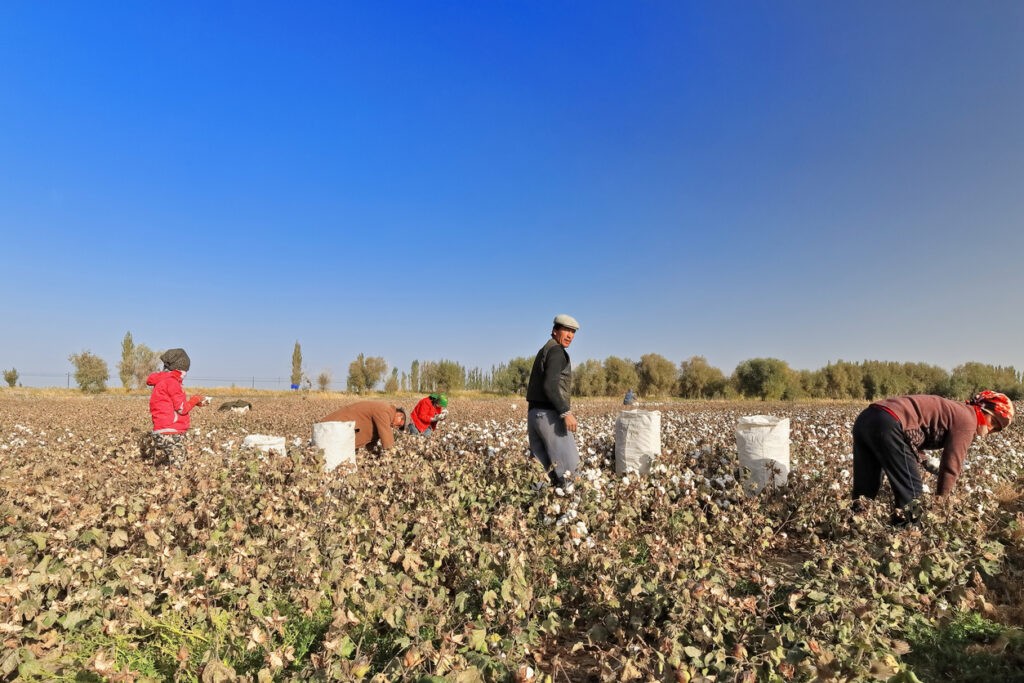Global Voices reports that Uzbekistan has succeeded in phasing out forced labor in its cotton industry, but now faces new challenges.
The country has made progress in ending forced labor and modernizing its cotton sector, driven by economic and political reasons. Forced labor hurts businesses and the nation’s international image, which the government has aimed to improve since 2016. Cotton production accounts for 12% of GDP.
Since 2017, the government has introduced major reforms to modernize Uzbekistan’s cotton industry, led by President Shavkat Mirziyoyev after he took office in 2016. By 2018, labor control was strengthened, and the cotton cluster system, which controls the entire production process, began to take shape. Today, almost all cotton is grown through 142 clusters. Cotton quotas have been abolished by 2020, and the minimum wage will now be negotiated. The same year, the International Labor Organization reported that child labor was no longer a problem, and the international boycott was lifted in 2022.
Eradicating forced labor has been hailed as “one of the most significant victories anywhere in the world in the battle against forced labor in the twenty-first century,” said Bennett Freeman, co-founder of the Cotton Campaign in 2022. This achievement was possible thanks to the diligence of organizations such as human rights defenders of Uzbekistan and the Uzbekistan Forum for Human Rights, which monitored the cotton fields and recorded violations, as well as the government’s promptness in reviewing these reports.
Global Voices writes that despite the progress achieved in Uzbekistan’s cotton industry, there are still serious problems.
The report states, “Despite abandoning forced labor, the government still continues to exert strong control over cotton production and prevents farmers from fully operating on their own terms.”
Farmers receive resources and loans, but the system remains inefficient, with state-set cotton prices often differing from global rates.
The government and industry need to address these ongoing issues while pursuing international standards and export opportunities to build trust and transparency.









